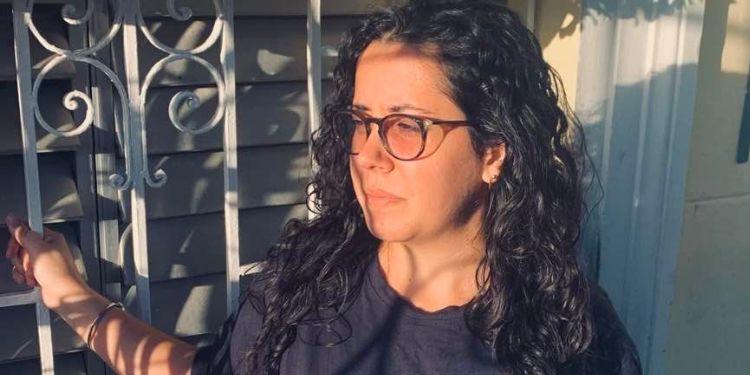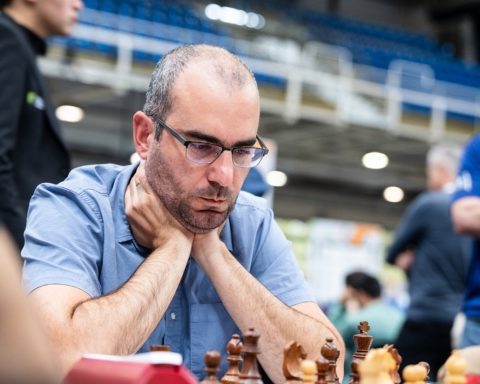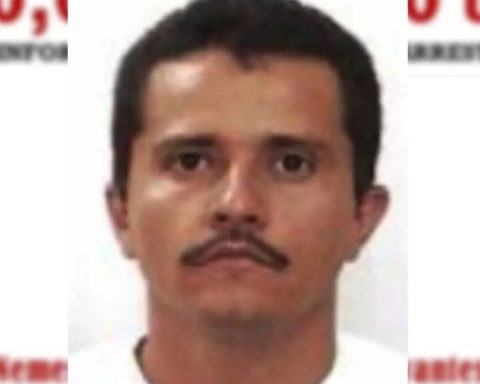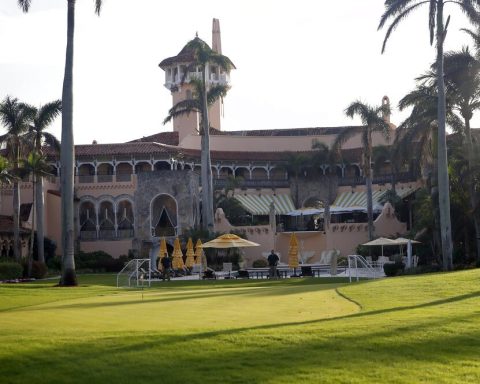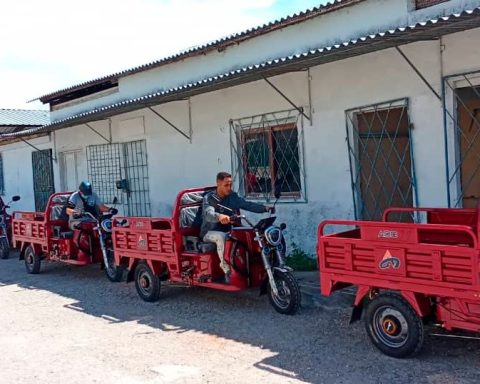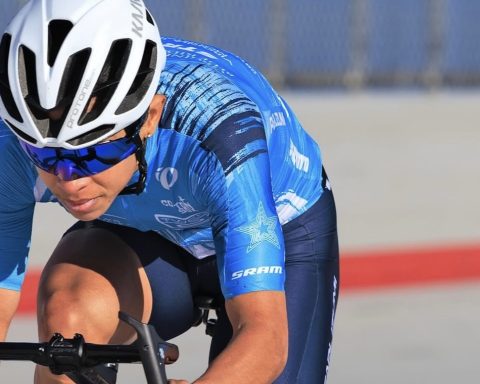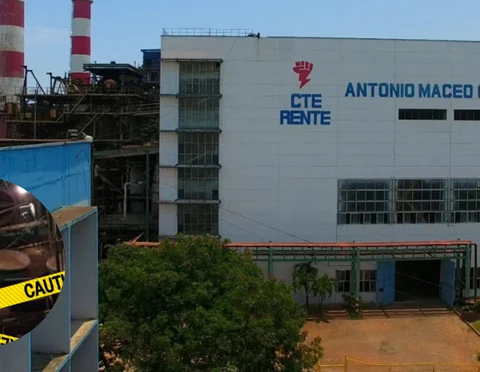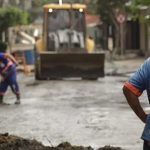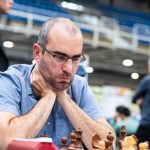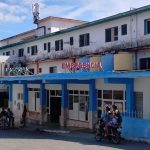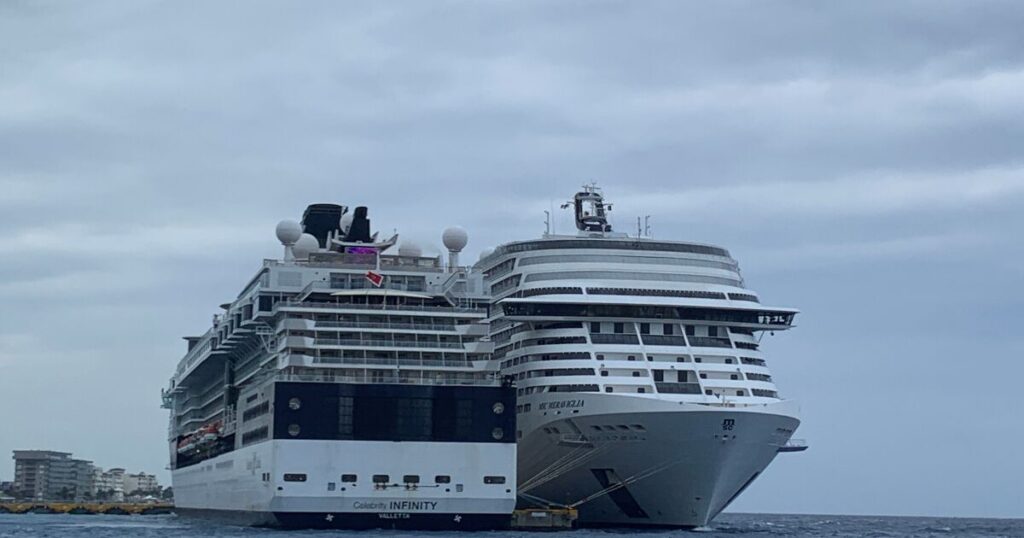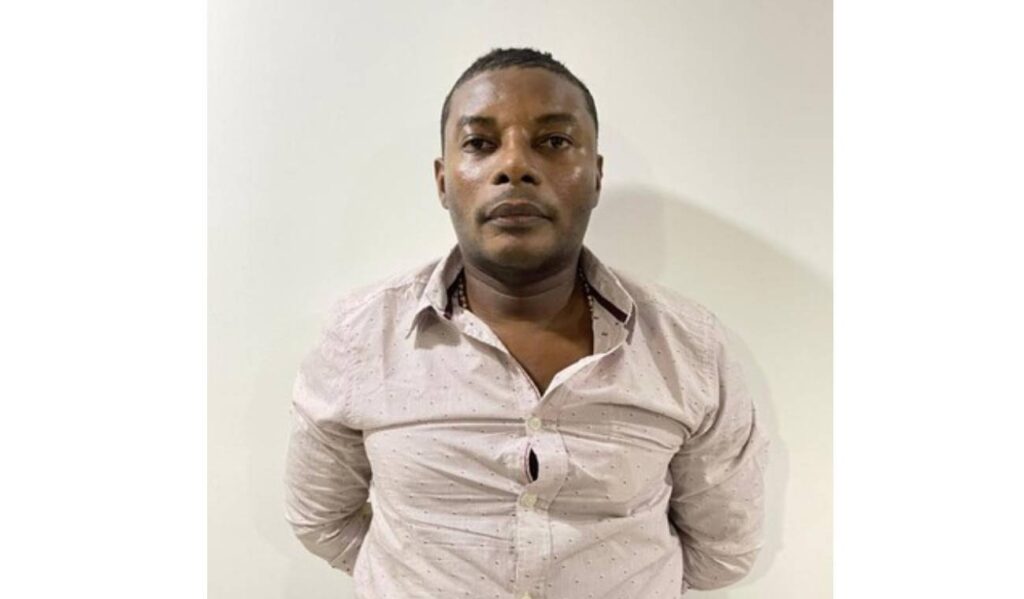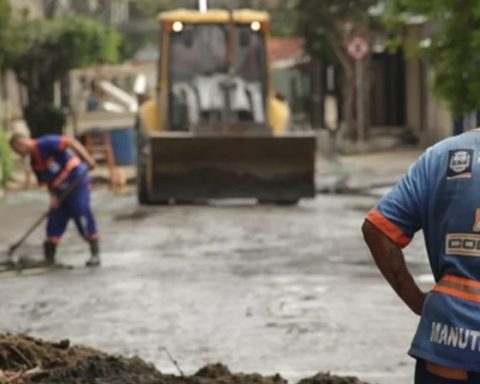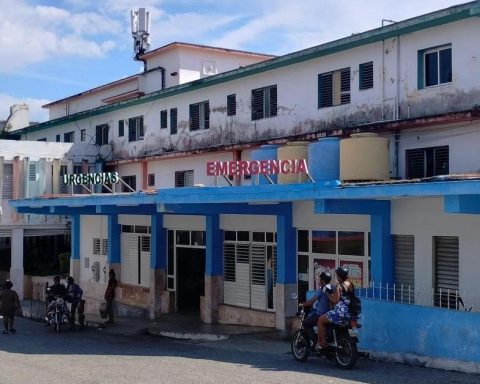Havana Cuba. – After 10 months and 10 days of State Security opening a file on me and accusing me of “public disorder” for participating in the protests of July 11, 2021 (11J), this May 25 the process was closed.
I was summoned to the Aguilera police station, in the municipality of Diez de Octubre, where, in the presence of my lawyer, Lieutenant Ernesto Dávila Gallardo (from State Security) fined me 1,000 CUP, under the Law 143, article 17, subsection b, referring to the “opportunity criterion”. This rule allows the parties to resolve the proceedings without going to court.
In addition to the fine, the confiscation of various personal property that occupied me was made official on July 12, 2021, after my arrest: both those that they took from the place where I lived then and those that I had with me at the time of the arrest. In total, there were two laptops, a hard drive, two phones, five flash drives (some of them empty), work agendas, books, a blouse (which I was wearing on 11J), 50 USD and 20,000 CUP. I must point out that part of these assets were not even my property, which was easily verifiable.
According to Cuban legislation, the confiscation must be of those assets that have been used for the commission of the crime or obtained as a result of it. The alleged crime of “public disorder” has nothing to do with this because, according to article 200 of the Penal Code (the one still in force), it is committed by anyone who, “in public places, shows or large gatherings, shouts alarm, threatens a common danger or performs any other act with the purpose of causing panic or tumult”. For this accusation they only had two alleged witnesses, both agents of the regime, in addition to my firm confirmation of having reported the protests that day. There was no crime and neither was any of the seized equipment used to commit it; even so, the sanction was imposed. Ernesto’s only explanation was that these goods had “counterrevolutionary” content; once again, nothing to do with the supposed crime they charged. Nor were they able to prove or verify that these assets had been acquired as a result of the commission of the crime.
Only some really insignificant equipment was returned to me, such as a portable phone charger and a mouse wireless, also a tablet owned by a Mason friend (I guess they could verify this), and a Sony brand audio recorder that must have been broken because it doesn’t work.
I have to pay the fine in three days. And, at this point, I make a clarification: I participated in the 11J protests in Havana as a reporter, as I told the State Security officers who interrogated me ―at least twice a day for some two hours each time―the four days I was detained. I don’t regret doing it and I would do it again. Reporting is not a crime, nor is demonstrating peacefully. Accepting this fine means that, without even being able to defend myself, I accept an arbitrary measure or that I committed that alleged crime but, on the other hand, it means that I will not have to go to court, which, knowing the constant violations that are committed and the state of total defenselessness before the laws, is the least of evils. Meanwhile, going to trial would mean facing a certain sentence, from three months to one year.
In this way, the accusation ends and, therefore, the precautionary measure of home confinement (for which I was under daily surveillance for more than five months, in my own home).
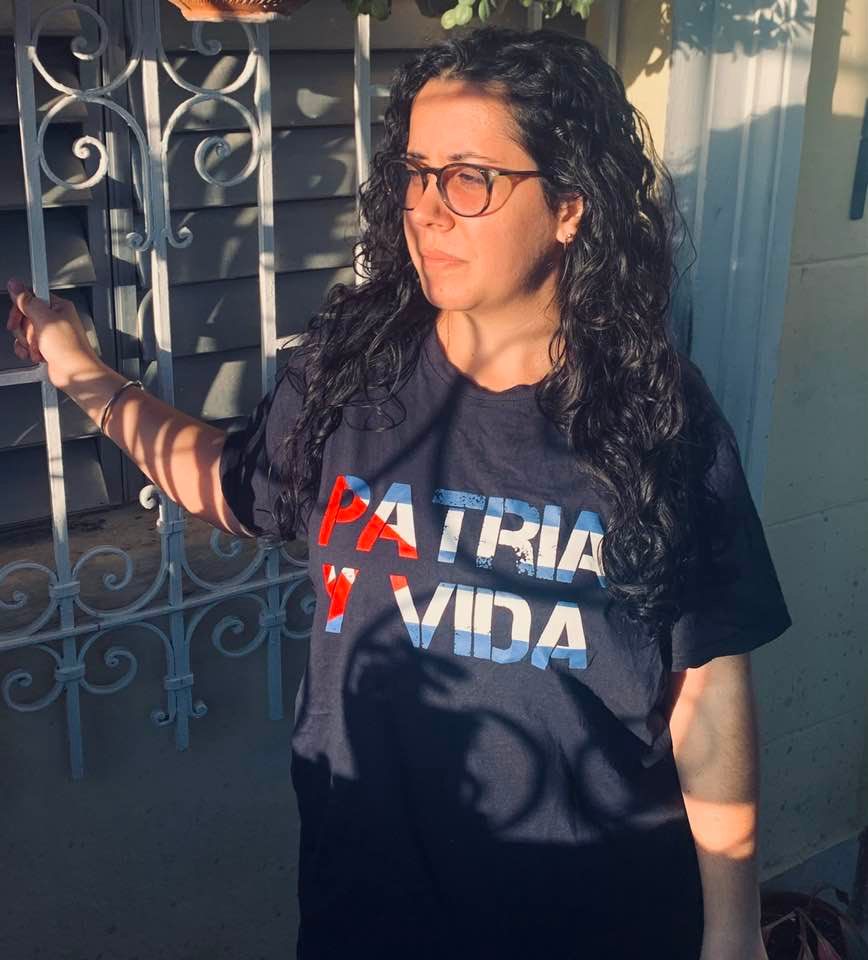
My case is closed, but at least another 730 people – of the nearly 1,470 arrested on 11J – remain behind bars, according to the Justice 11J task force. Of this total, 564 have been tried and 519 sentenced, 40 await sentences and only five have been acquitted. Prisoners Defenders also registers another 141 political prisoners from before the protests or who joined later for different reasons.
Luis Manuel Otero Alcántara and Maykel (Osorbo) Castillo will soon go to trial with prosecutors asking for seven and ten years in prison, respectively. José Daniel Ferrer, Félix Navarro and his daughter, Sayli Navarro, Sissi Abascal and hundreds more are behind bars for exercising a human right. All of them are the most vulnerable right now.
just this wednesday About nine 11J protesters were released from prison in Havana and Santa Claraperhaps a strategy of the regime to seek a greater relaxation of sanctions, fundamentally from the United States.
In my case, although they released me, they continued to harass me for more than 10 months, with the psychological burden that this represents both personally and for family and friends. Some close people were detained or interrogated during that time just because of their relationship with me.
However, this sanction, although it ends a stage, opens the way to another even worse. The new Penal Code is more criminal than the previous one, and provides the regime with repressive tools that directly attack independent journalists, the opposition and civil society in general. The ordeal is far from over.
OPINION ARTICLE
The opinions expressed in this article are the sole responsibility of the issuer and do not necessarily represent the opinion of CubaNet.
Receive information from CubaNet on your cell phone through WhatsApp. Send us a message with the word “CUBA” on the phone +1 (786) 316-2072, You can also subscribe to our electronic newsletter by giving click here.
